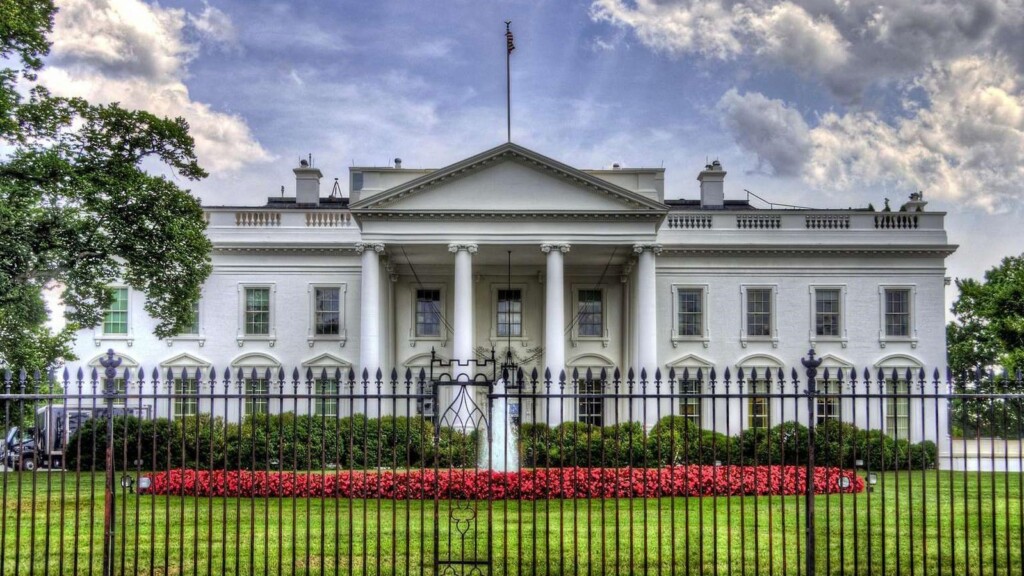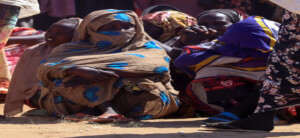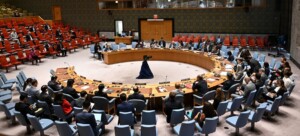Sudan gov welcomes US decision to ease aid sanctions

The White House in Washington DC (Photo: US National Parks Service)
The Sudanese government welcomed US President Joe Biden’s decision to lift certain restrictions imposed under the US Anti-Trafficking in Persons Act of 2000. This allows Sudan to access US development aid and benefit from the United States Agency for International Development (USAID) Global Health Programme.
On September 30, the White House released a memorandum indicating that US President Joe Biden had partially exempted Sudan, Afghanistan, Cambodia, and South Sudan from restrictions on development aid and global health programmes.
This decision comes despite Sudan moving from Tier 2 to Tier 3 in the US State Department’s 2024 Trafficking in Persons (TIP) report, a classification that could expose the country to sanctions or reduced aid. Tier 3 countries are identified as not making sufficient efforts to combat human trafficking and not complying with the US Trafficking Victims Protection Act of 2000.
The White House noted that the continuation of aid to Sudan “would promote the purposes of the Act or is otherwise in the national interest of the United States”.
Sudanese Foreign Minister Hussein Awad, through a statement by the Transitional Sovereignty Council’s spokesperson, hailed the decision as a key step forward in US-Sudan relations. In the statement issued yesterday, Awad said the aid would support Sudan’s reconstruction, particularly the rebuilding of its war-damaged health sector. He also called on the US government to take further measures to help Sudan address its urgent needs, given the ongoing war and recent natural disasters.
The Sudanese Committee for Combating Human Trafficking said in a statement seen by Radio Dabanga yesterday that the US decision reflects an understanding of Sudan’s humanitarian situation, which has led to the world’s largest displacement crisis.
The statement noted that despite Sudan’s Tier 3 status, national efforts to combat human trafficking persist under difficult circumstances. It also affirmed its cooperation with international mechanisms in the fight against human trafficking.
Mixed reactions
Former MP Mehdi Daoud, speaking to Radio Dabanga from the US, said the decision reflects American interest in Sudan’s development and health sectors. He explained that while many expected the US to impose stricter sanctions on Sudan, the decision to lift some restrictions considers Sudan’s war and humanitarian crisis. He added that the US remains committed to encouraging Sudan to improve its efforts in combatting human trafficking.
Daoud also pointed out that the decision “coincides with a bipartisan resolution submitted to the US Senate aimed at ending the war in Sudan and addressing its humanitarian situation”. The resolution focuses on holding parties accountable for human rights abuses, war crimes, and crimes against humanity, he told Radio Dabanga.
He added that “while the US decision urges Sudan to improve its human trafficking record, it reflects a broader US interest in supporting development and global health in the country, despite ongoing instability and weak governance”.
Amir Suleiman, director of the legal program at the African Centre for Justice and Peace Studies, voiced a more critical view. In an interview with Radio Dabanga, Suleiman argued that the decision “was driven by humanitarian concerns rather than Sudan having fully addressed its human trafficking issues”. He warned that celebration of the decision is premature, as it does not absolve Sudan of its obligations in combatting human trafficking.











 and then
and then